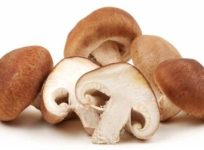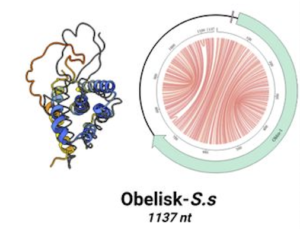Agmatine Attenuates Sciatica & Other Neuropathies
Agmatine, a ubiquitous naturally occurring metabolite of arginine, was discovered in 1910. Yet, it took more than a century before researchers showed that this unique compound has clinically significant cytoprotective and neuroprotective properties. Recent work indicates that it can reduce pain associated with sciatica and other common forms of neuropathy.







